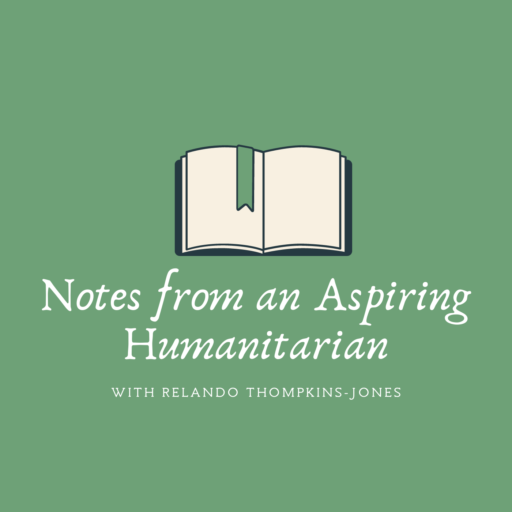Having a hard time connecting with members of marginalized groups as they work for their liberation? Maybe it’s not them, maybe it’s you.
I am sometimes contacted by people who, although they claim to recognize their privileged identities and the roles that those privileges play in their lives, find themselves feeling “excluded” or “attacked” because they have been rejected by members of marginalized groups “because” of their privileged identities.
Perhaps they are told that they don’t understand because they are privileged. Perhaps they are told that they are a part of the problem. For some, these statements cause them to feel “excluded” and to think as if they cannot make a difference.
It’s important to acknowledge the fact that some of our identities grant us privileges in society, and to make a commitment to engage in increasing our awareness so we can take actions to make things right.
However, the situations that are often described sound more like folks are experiencing a lack of trust from the marginalized communities they might be trying to work with.
In those cases, here are some things to consider:
Their mistrust of you based on your privileged identities is completely understandable, and in many ways, an act of protection and survival. It takes a significant amount of time to build trust with communities whom your privilege is dependent on their oppression. For some, you may never earn their trust.
Allyhood is more of an action word than it is an identity. In fact, an ally is a descriptor that can only truly be given to you by people who are marginalized, whom you might be actively engaged in using your privilege to work with them for their liberation.
Allies need to be invited in, and should not go where they are unwanted.
So you’ve been told that you don’t understand, and are a part of the problem because of your privileged identities. In many ways, both of these statements are true.
It’s important to understand that no one owes you anything. Sometimes when we are called out, an initial response might be to resort to trying to prove how “good” we are, or how we’re not one of the “bad” people actively trying to oppress them.
In this case, the energy that you might want to put toward trying to prove yourself to members of oppressed groups might better be put to use by you spending your time working directly with other people who share your privileged identities to increase their awareness, and leverage your privilege to create change in them.
I encourage you to read the following notes where I’ve touched on this topic before:
On Being Called Out: Shut Up And Listen, or Resistance Is a Choice
Non-Religious Belief ≠ Lack of Morality
Barely Scratching the Surface: Thoughts on Social Identities, Power, Privilege, & Oppression
For further exploration, check out my allyhood section of the blog.
From Aspiring Humanitarian, Relando Thompkins-Jones, MSW, LLMSW
—————————————————————————————————————————
(N.A.H.) is advertisement-free and reader supported. If you enjoy my notes, consider supporting (N.A.H.) with a one-time donation or by becoming a monthly patron.
—————————————————————————————————————————
Discover more from Notes from an Aspiring Humanitarian
Subscribe to get the latest posts sent to your email.














Very deep! This is a great thing for allies to read. It will help them to help others more effectively.
I really hope so Tanya. Sometimes we need to get out of our own way.